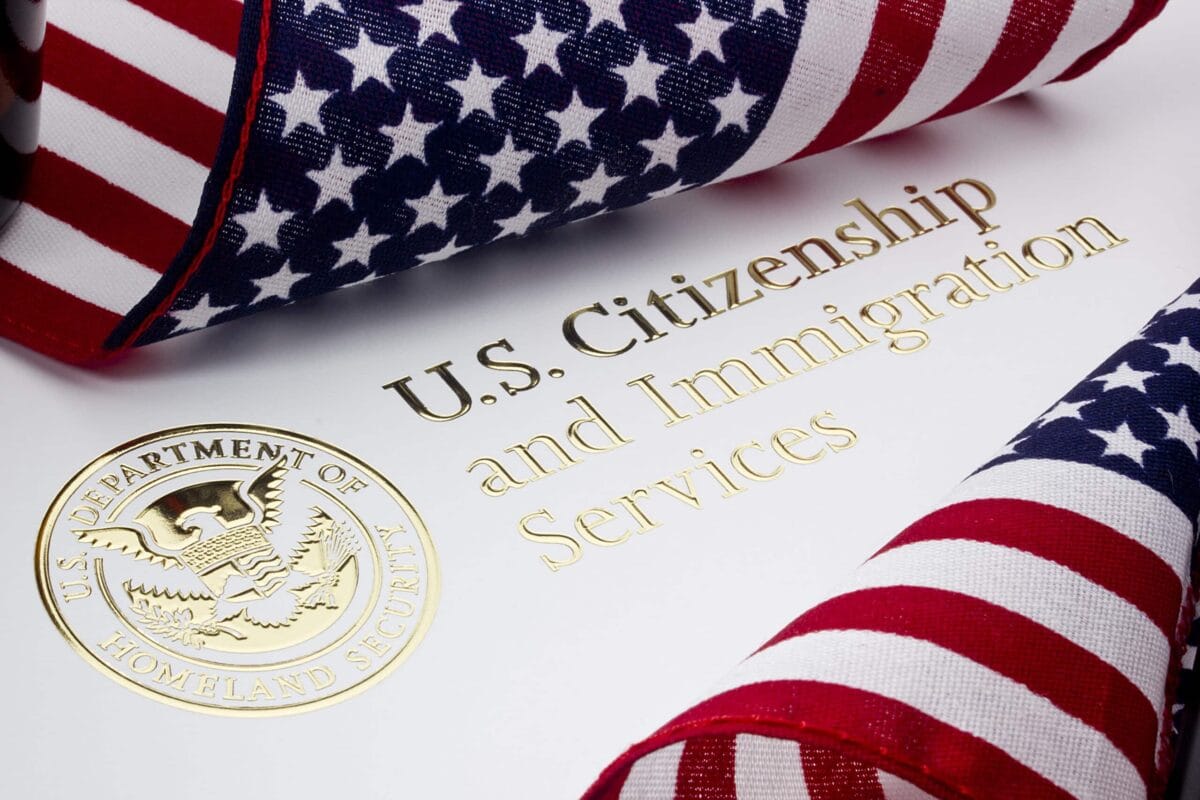The 14th Amendment to the United States Constitution, ratified in 1868, shaped the legal landscape of American citizenship. It states that “all persons born or naturalized in the United States, and subject to the jurisdiction thereof, are citizens of the United States and of the State wherein they reside.” The amendment’s drafting and ratification occurred within the context of the post-Civil War era, aiming to confer citizenship on formerly enslaved individuals and protect their rights as equal citizens.
The legal doctrine of jus soli, or “right of the soil,” underpins the 14th Amendment’s citizenship provision. It is a concept widely adopted in the Americas, differentiating itself from the jus sanguinis (“right of blood”) principle used predominantly in Europe. Jus soli mandates that anyone born within a country’s territory automatically becomes a citizen, irrespective of their parents’ citizenship status. The Supreme Court has consistently upheld this interpretation of the 14th Amendment, reinforcing birthright citizenship in various rulings, including the landmark decision in United States v. Wong Kim Ark (1898).
While the principle of birthright citizenship is well-established in the US, it has faced political challenges throughout history. In a more recent conversation, President Trump’s rhetoric on ending birthright citizenship, suggesting it can be revoked via executive order, has sparked legal and political debates. Yet, as per the Constitution, the power to regulate citizenship lies primarily with Congress. Moreover, any constitutional amendment necessitates a two-thirds majority in both houses of Congress and ratification by three-fourths of the states, making such a change improbable.
Critics argue that birthright citizenship encourages undocumented immigration, distorting the essence of the 14th Amendment by allowing persons tied to foreign states to claim US citizenship. Proponents, however, maintain its fundamental importance to American ideals of inclusiveness, equality, and legal consistency.
The debate on birthright citizenship in the US, therefore, reflects deeper discussions about immigration policies, national identity, and constitutional interpretation. Given its implications on an individual’s rights and the country’s international relations, potential changes or challenges to this principle require careful examination not only from a legal standpoint but also through a historical and societal lens.



